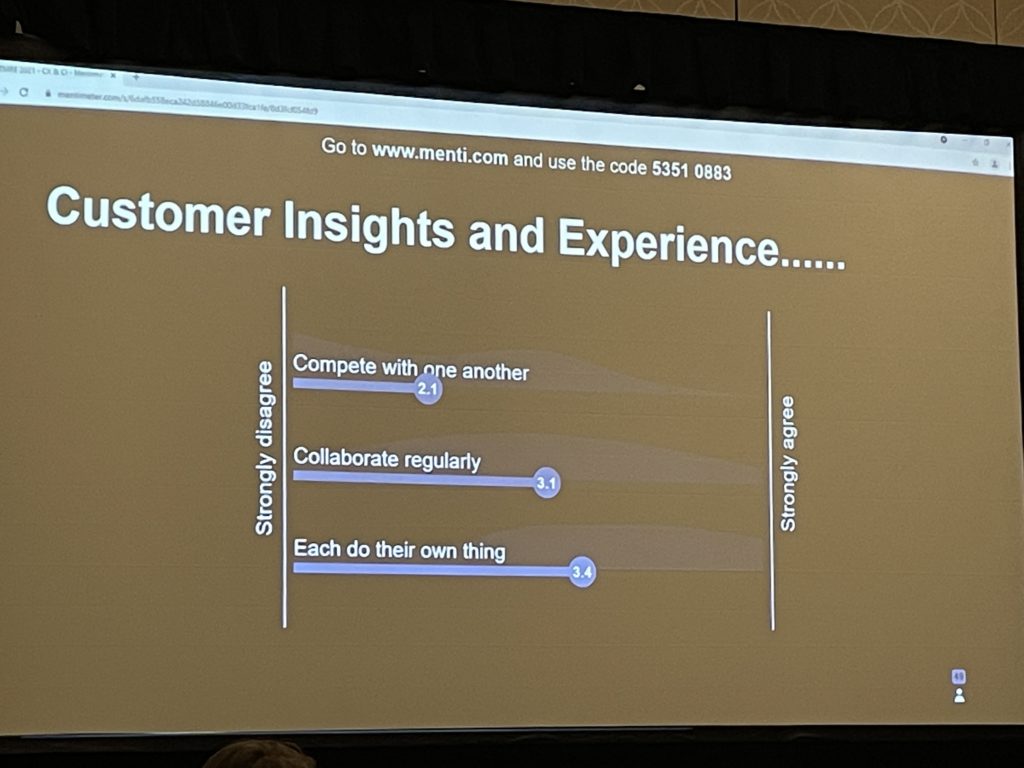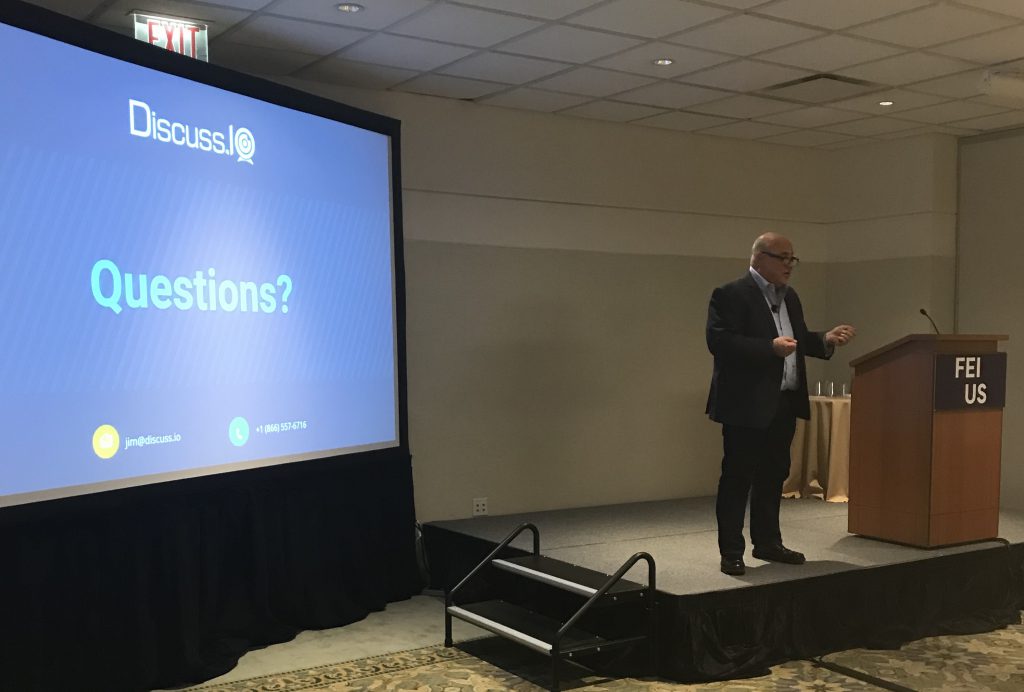[vc_row][vc_column width=”1/2″][vc_single_image image=”32033″ img_size=”large”][/vc_column][vc_column width=”1/2″][vc_column_text]We attended IIeX Health 2018 in Philadelphia this week and by all measures it was a groundbreaking event, reportedly having grown in attendance by 40% from last year. The role of research in the pharmaceutical and healthcare business has always been strong. But IIeX Health 2018 chose to showcase a number of real innovations that are having impact already in the ways companies are engaging, generating insights and creating value for patients, care providers, payers and drug companies.[/vc_column_text][/vc_column][/vc_row][vc_row][vc_column][vc_column_text]There were many case studies of the increasing use of video to capture voice of the patient and physician in everything from ad testing to patient journey mapping. AI was revealed to be at the heart of effective research recruitment efforts and the future of improving surgical outcomes, and almost ScFi use of VR for surgical training was demonstrated in the conference’s innovation showcase.
Issues of tracking patient compliance with drug protocols continues to challenge drug companies, payers and healthcare providers and there were many examples of techniques to validate self-reported versus actual behavioral data. And the cautionary tale repeated several times was the need for your research provider to understand the complexities of privacy as HIPAA regulations meet pending GDPR requirements.
Many of the presenters stressed the need to build empathy and build research methodologies to uncover “how patients feel.”
There were fascinating case studies dealing with everything from recruiting cancer patients at various stages, from diagnosis through remission and even relapse, in order to build the right messaging, and a poignant case study on using social sources to identify the range of emotions felt by women facing infertility treatment. The audience really felt the emotion of consumers grappling with the near-crippling uncertainty when confronting choices for medicaid insurance plans. The proliferation of cell phones was noted as a key driver for the fact that video and audio is having a real impact to engage voice of the patient/consumer showing real promise in qualitative research at scale. Several presenters underscored the need to engage with patients early and often, in order to understand the differences and temporality of messaging at various stages of their therapeutic journeys.
New tools and techniques to build empathy, understand the paths to influencing behavior and uncover patient and doctor insights were in full view, some more futuristic than others. But the closing panel of brought it all back to our key takeaway of the day. When asked about a key research insight that the panel would want attendees to take back to their day to day jobs, Alexine Tranquada of Merck voiced the directive that the panel all agreed: the most important imperative in research is to be clear on your objectives and show that the results have true business impact.
Much food for thought for researchers wanting to make a real difference for their healthcare clients.
To learn more about Discuss.io’s work in the healthcare space, download a recent case study on how we helped one brand better understand the needs of sufferers of diabetes. [/vc_column_text][/vc_column][/vc_row]



